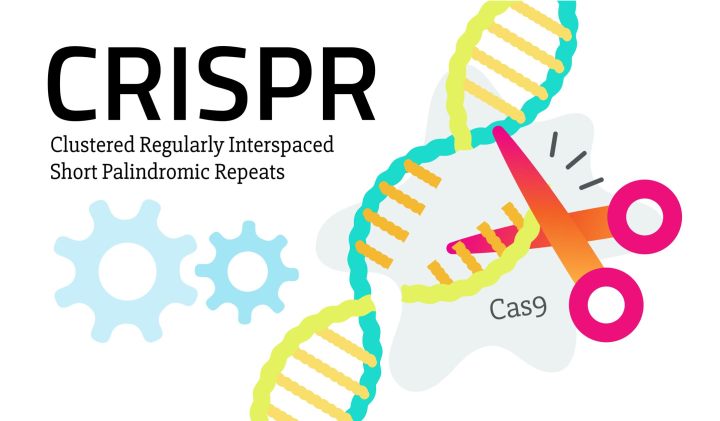CRISPR has become one of the most powerful gene-editing tools today. Unlike other genetic engineering tools, CRISPR is cheap, relatively easy to use and precise. Undoubtedly, its popularity has surged amongst scientists in the biotechnology industry.

Pros and Cons of CRISPR
While the benefits of CRISPR range from curing genetic conditions to organ transplants, ethicists fear its use in promoting desired traits rather than life-saving traits such as intelligence that could have long-term implications.
Benefits of CRISPR [Pros]

CRISPR technology has wide-ranging applications in various industries. Some of the benefits are discussed below.
Cancer Therapeutics: New immunotherapies can be developed using CRISPR to treat cancer. Scientists can genetically modify T-cells using CRISPR to locate and kill cancer cells.
Curing Genetic Diseases: CRISPR technology can eliminate the genes that cause genetic diseases such as diabetes, cystic fibrosis. Given that the scientific community has already mapped many genes that cause genetic disease, CRISPR could be used to cure faulty genes that cause genetic diseases.
Drug Research: Scientists are predicting that CRISPR could potentially speed up the drug discovery process, given the technology is relatively cheap, precise, and simple to use. Some of the drug makers in the world are already incorporating CRISPR technology into their drug research and discovery phase.
Pest Resilient Crops: According to Jennifer Doudna, CRISPR pioneer, genome editing could address pest and nutrition challenges facing agriculture, especially in light of climate change and rapid population growth. Earlier in 2018, USDA decided not to regulate about a dozen crops edited with CRISPR as GMOs partially due to the accuracy of the technology.
Ethical Concerns of CRISPR [Cons]

Changes to the Germ-line Cells: Genetically modifications to human embryos and reproductive cells such as eggs and sperms are called germline editing. Changes to the germline can be passed to the next generation. If the desired traits such as intelligence and strong muscles can be passed to the next generation, then how far are we from the designer babies?
Many countries have an outright ban on germline editing, whereas some countries do not have clear guidance. The United States and the United Kingdom are testing the water by considering exemptions in the case of monogenic hereditary disorders such as muscular dystrophy, cystic fibrosis, and Huntington’s disease.
Bioweapons: The former U.S. director of national intelligence James Clapper listed “genome editing” among six threats in the section on weapons of mass destruction in 2016. Compared to other genetic engineering tools, CRISPR technology is relatively inexpensive and simple, which could make it attractive to terrorist organizations. The technology can be used to genetically modify bacteria or viruses to wage biological attacks against humans.
DARPA, US’s secretive Defense Advanced Research Projects Agency, announced to invest US$65 million in 2017 over four years in seven teams that will investigate ways to make gene editing technologies safer and targeted. The program relates to both intentional and unintended consequences of gene editing technologies. Three main objectives of the program are
- to develop processes that allow greater control of genome editing in living systems
- to develop countermeasures that protect genome integrity in populations
- and to investigate a way to remove engineered genes from living systems
Also Read – Pros and Cons of Having a Designer Baby



